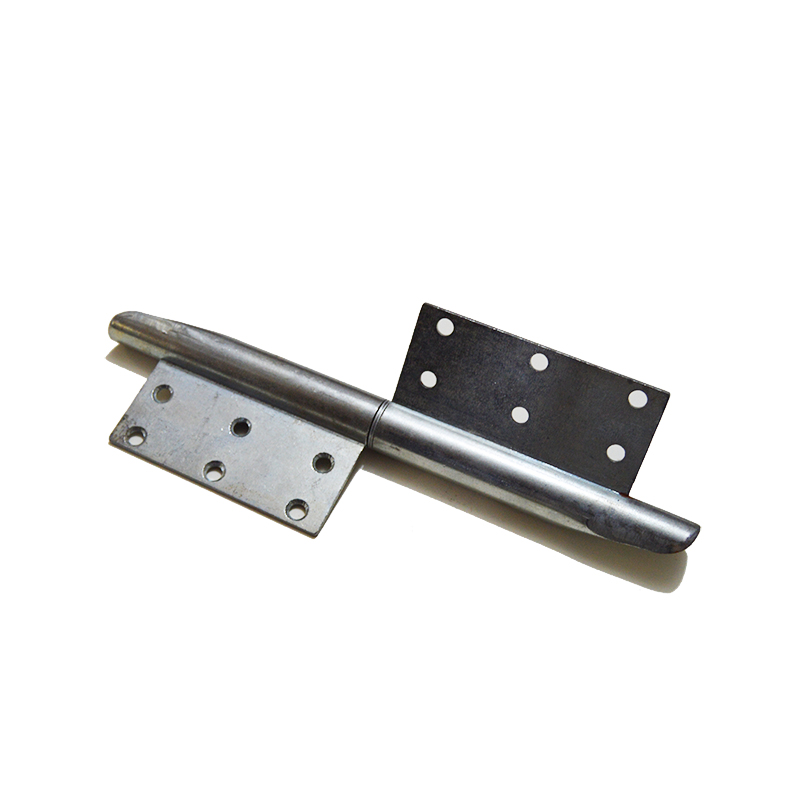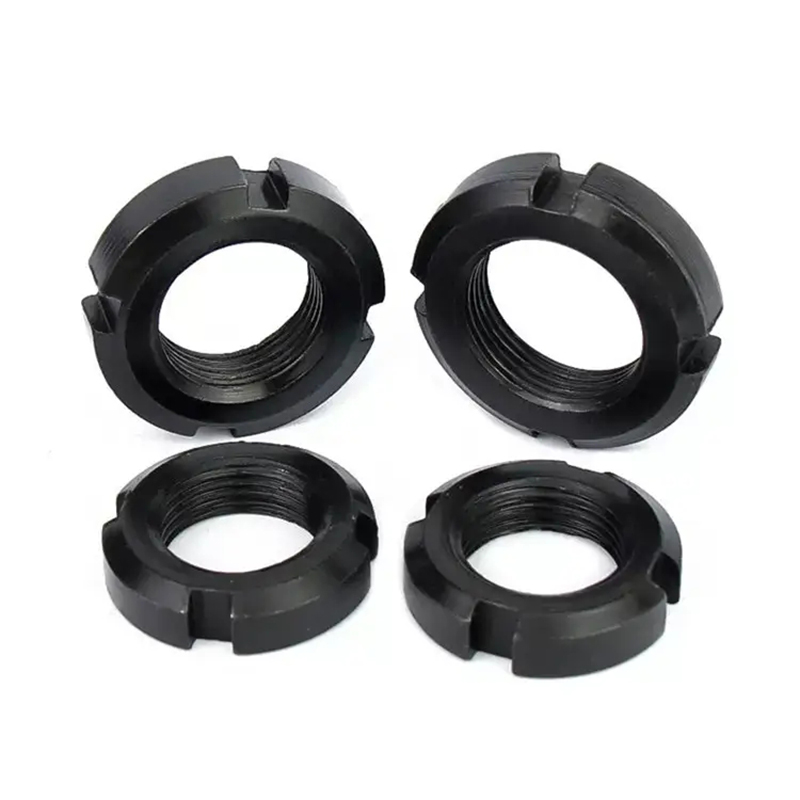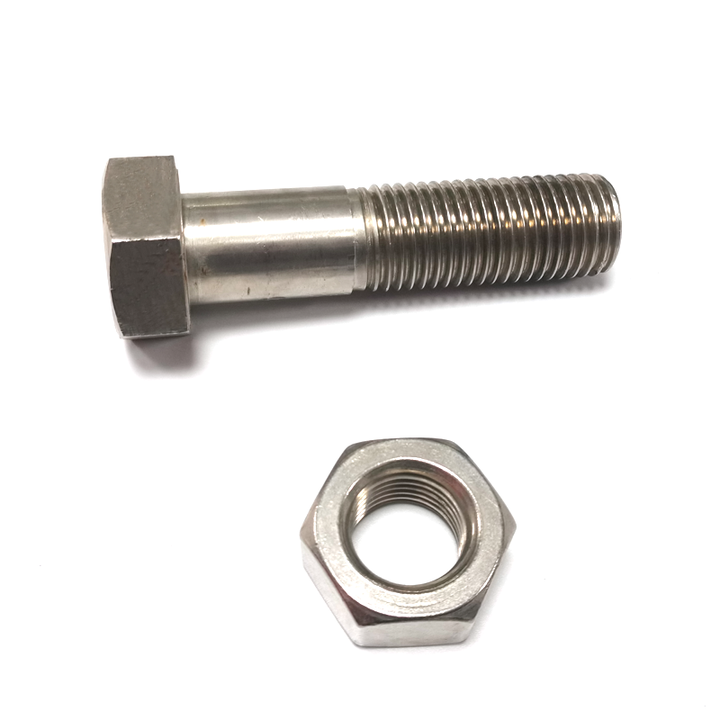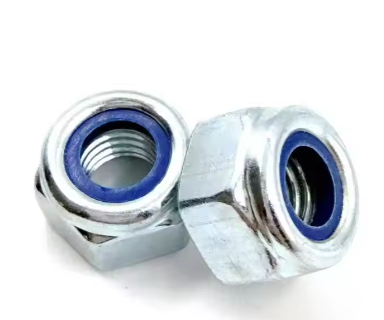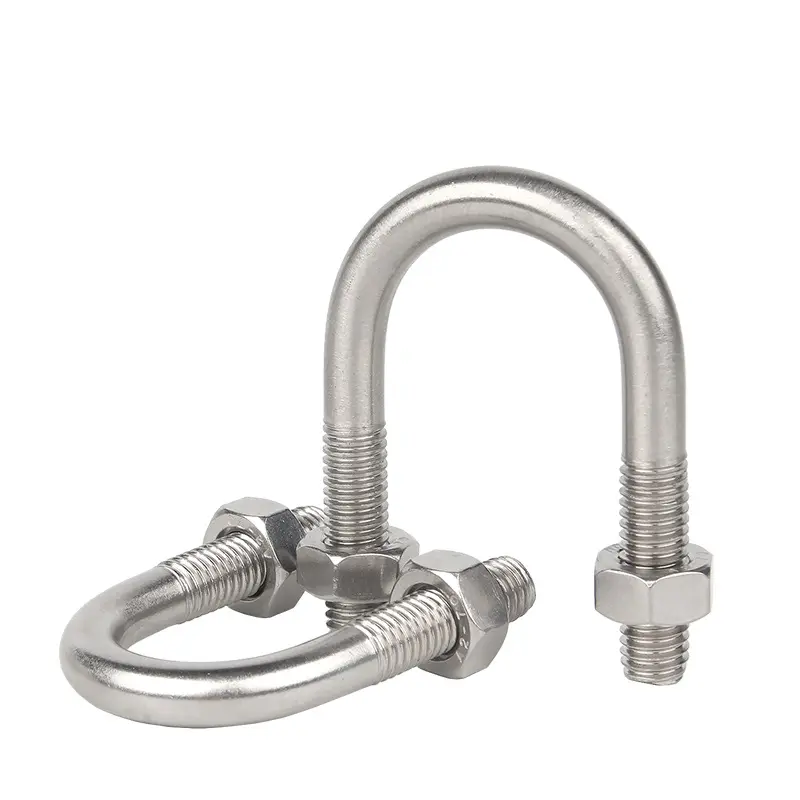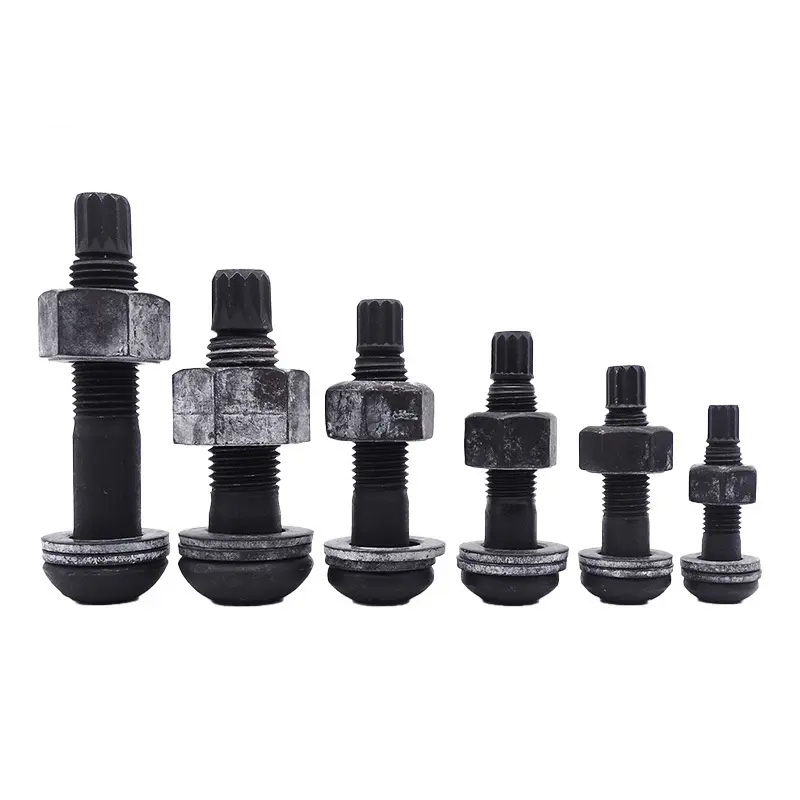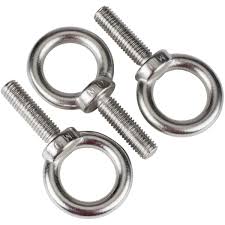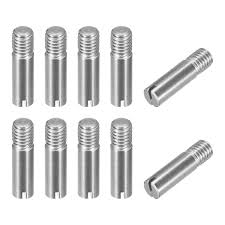

This comprehensive guide explores the world of wave spring washers, covering their design, applications, advantages, and selection criteria. We'll delve into the specifics of various types and help you determine the optimal wave spring washer for your needs. Learn how these versatile components enhance performance and reliability in numerous mechanical assemblies.
Wave spring washers, also known as Belleville washers, are uniquely shaped spring washers designed to provide a significant amount of force in a compact space. Unlike conventional coil springs, their concavity allows them to store and release energy efficiently. They are manufactured from a variety of materials, including high-carbon steel, stainless steel, and various spring steels, each offering specific properties to suit different applications. The unique geometry of a wave spring washer allows for a high load capacity within a small footprint, making them ideal for applications where space is limited. The design offers predictable load-deflection characteristics, ensuring consistent performance.
These are the most basic type of wave spring washer, featuring a single concave wave. They provide a relatively low load capacity compared to other types, but are simple and cost-effective for many applications. Their simplicity makes them easy to incorporate into designs.
Stacked multiple wave spring washers, either with the same or varying spring rates, allow for a higher overall load capacity and stiffness than a single washer. By combining multiple washers, engineers can precisely adjust the spring characteristics to meet the specific requirements of the application. This stacking arrangement offers greater design flexibility.
Wave spring washers offer several key advantages over other spring types:
The versatility of wave spring washers extends to a broad range of applications, including:
Choosing the correct wave spring washer depends on several factors, including the required load, deflection, space constraints, and environmental conditions. It's crucial to consider the material properties and the overall design requirements.
The choice of material significantly impacts the performance and longevity of the wave spring washer. Common materials include:
Wave spring washers are essential components offering unique advantages in various applications. By carefully considering the design requirements, material selection, and available types, engineers can effectively utilize these versatile components to improve the performance and reliability of their mechanical assemblies. For high-quality wave spring washers and other fasteners, explore the extensive selection offered by Hebei Dewell Metal Products Co., LTD. Visit their website at https://www.deweLLfastener.com/ to learn more.

